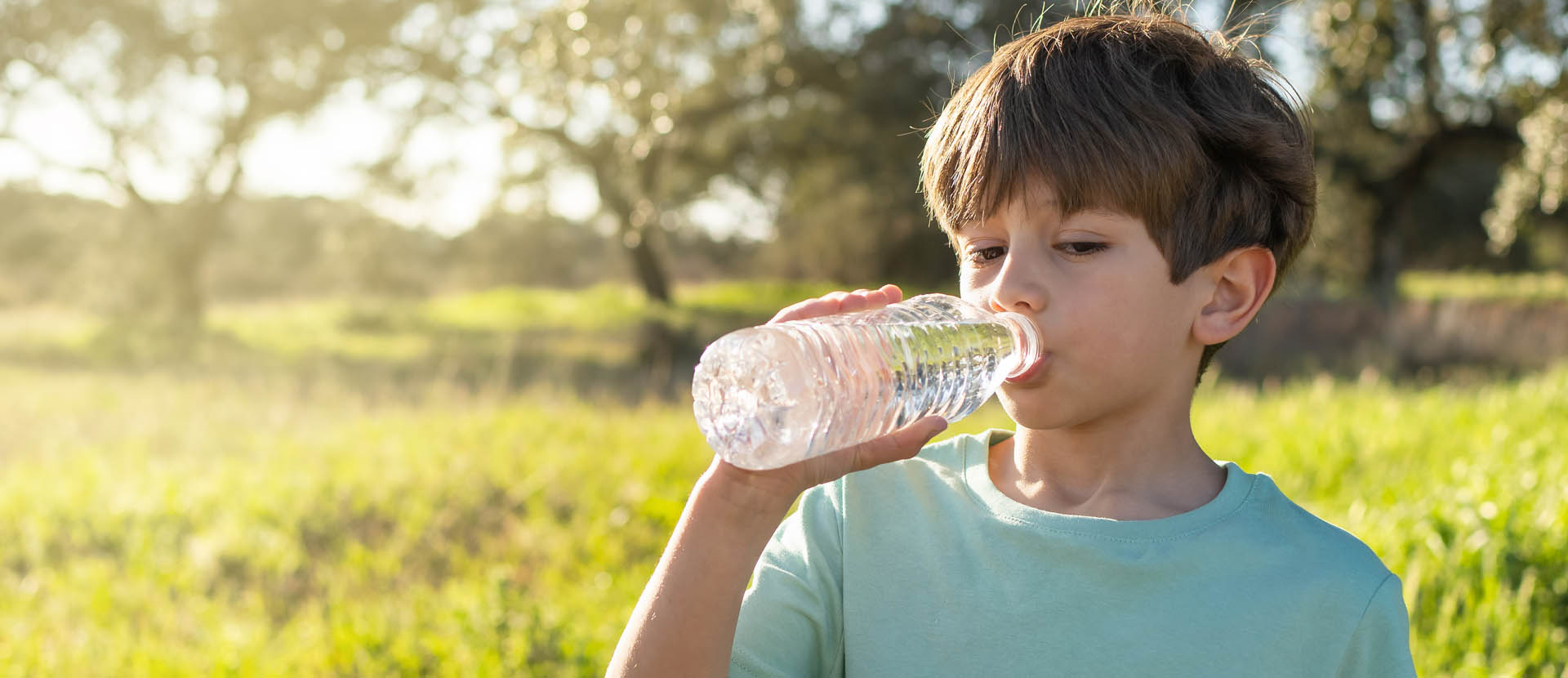7 Top Tips to Stay Safe in the Sun

We’ve got some tips to ensure your children are protected in the sun while making the most of the good weather this summer.
British summers generally get a bad rap, but they can be deceptive when the sun comes out in its full force.
As the sun can cause damage to our children's delicate skin, it's important to know how to stay safe, we asked Emma Hammet at First Aid for Life for her top tips for sun safety.
Avoid Burning
The sun's UV rays can quickly damage children's skin, even on a cloudy day. Children with blonde or red hair and light-coloured skin are more prone to sunburn than those with dark eyes and skin as they have less protective melanin to reflect and absorb the sun's rays. However, children with darker skin still burn, it just takes a little longer.
To Avoid Sunburn
- Always wear appropriate high factor sunscreen, apply all over the face and body and re-apply it every 2-3 hours, especially if sweating or swimming, even if the sunscreen is waterproof.
- Take particular care if swimming or boating as the reflection from the water intensifies the sun's rays.
- Wear tightly woven clothes that you can't see the light through or buy special protective clothing rated with a sun protection factor.
- Take frequent breaks from the sun by going indoors or moving into the shade.
- Avoid being out in the sun between 11am and 3pm, when the sun's rays are strongest.
- Wear a hat, ideally with an SPF factor, wide brim and ear cover.
- Wear sunglasses.
If burnt: Cool the affected area under a tepid shower for at least 10 minutes, or apply repeated cool wet towels for 15 minutes. When completely cooled, apply Aloe Vera gel to the affected area, this will soothe, reduce swelling and promote healing. Give your child plenty to drink and Calpol for the pain. Ensure they remain hydrated and if they have any symptoms of heat exhaustion (see below) they should be seen by a medical professional.
Avoiding Heat Exhaustion
If your child is outside in the summer, it is vitally important that they drink plenty of fluids and remain well hydrated.
- They should drink lots of water, particularly if running around, as dehydration can quickly lead to heat exhaustion.
- Heat exhaustion can come on suddenly; your child may have a raised temperature, appear hot, flushed and sweaty, dizzy, headachy, or have stomach ache and feel sick. If heat exhaustion is not treated promptly it can be serious.
- Immediately bring them out of the sun. Help them to re-hydrate, ideally with Dioralyte, water or an isotonic sports drink. If the symptoms do not subside quickly they should be seen by a medical professional.
Key advice: Combine sufficient sunscreen, appropriate clothing and shade with lots of drinks, and enjoy the summer!
First Aid for life provides this information for guidance and it is not in any way a substitute for medical advice. First Aid for Life is not responsible or liable for any diagnosis made, or actions taken based on this information.





